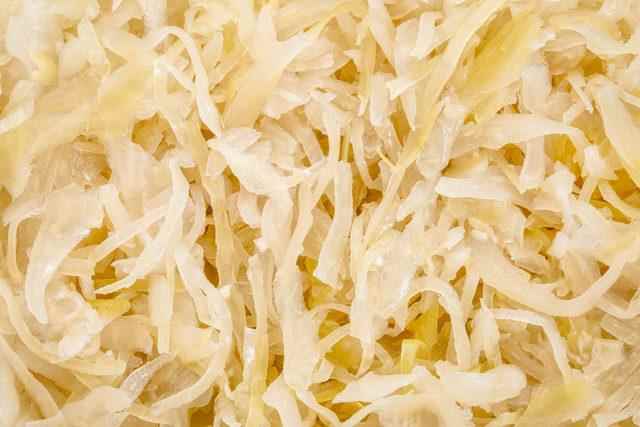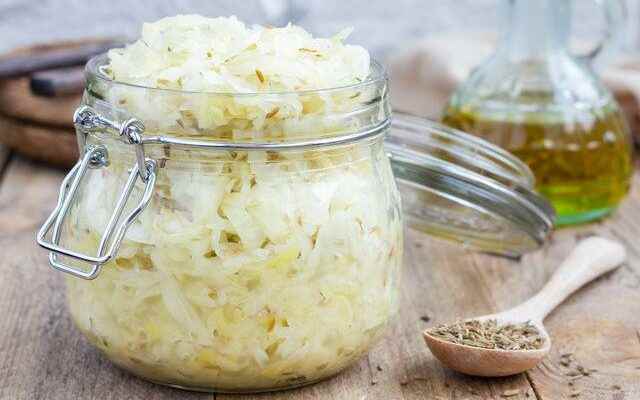While some foods are beneficial for high blood pressure, some foods can be very harmful. This situation creates confusion among those suffering from high blood pressure. There are also foods that are known to be harmful but beneficial. Kimchi, a type of sauerkraut, is one of these foods.
WHAT IS WHO?
Kimchi, a traditional Korean side dish consisting of salted and fermented vegetables, is also known as sauerkraut in our country. Although it is thought to increase blood pressure because it increases blood pressure due to its high sodium content, it has been proven to be quite effective thanks to its intense probiotic content, due to the fact that it is fermented in the right consumption.
WHAT ARE PROBIOTICS IN?
The NHS (National Health Service) refers to probiotics as live bacteria and yeasts that are claimed to have a variety of health benefits. They are often found in yogurts and supplements and are described as good or friendly bacteria. Probiotics are known to help restore the natural balance of bacteria in the gut that has been disrupted by disease. There is also some evidence that probiotics may be helpful in preventing diarrhea or relieving irritable bowel syndrome symptoms.
EFFECT OF PICKLE PICKLE ON HIGH TENSION
Kimchi (sauerkraut) is considered a natural and effective form of probiotic due to the nature of the bacteria it produces. It can also cause increased blood pressure due to its high sodium content and increase a person’s risk of developing hypertension.

In a study, scientists from Korea University stated that sauerkraut, which has a low salt content, is the best way to consume it without facing the side effects.

Consuming low-sodium (salt) kimchi (sauerkraut) may eliminate the problem of negatively affecting blood pressure and heart function, even in people with high blood pressure, researchers said.
Other risk factors for cardiovascular disease include:
- To smoke
- Hypertension
- high cholesterol
- Inactivity
- Diabetes
- Obesity
- Family history of illness
